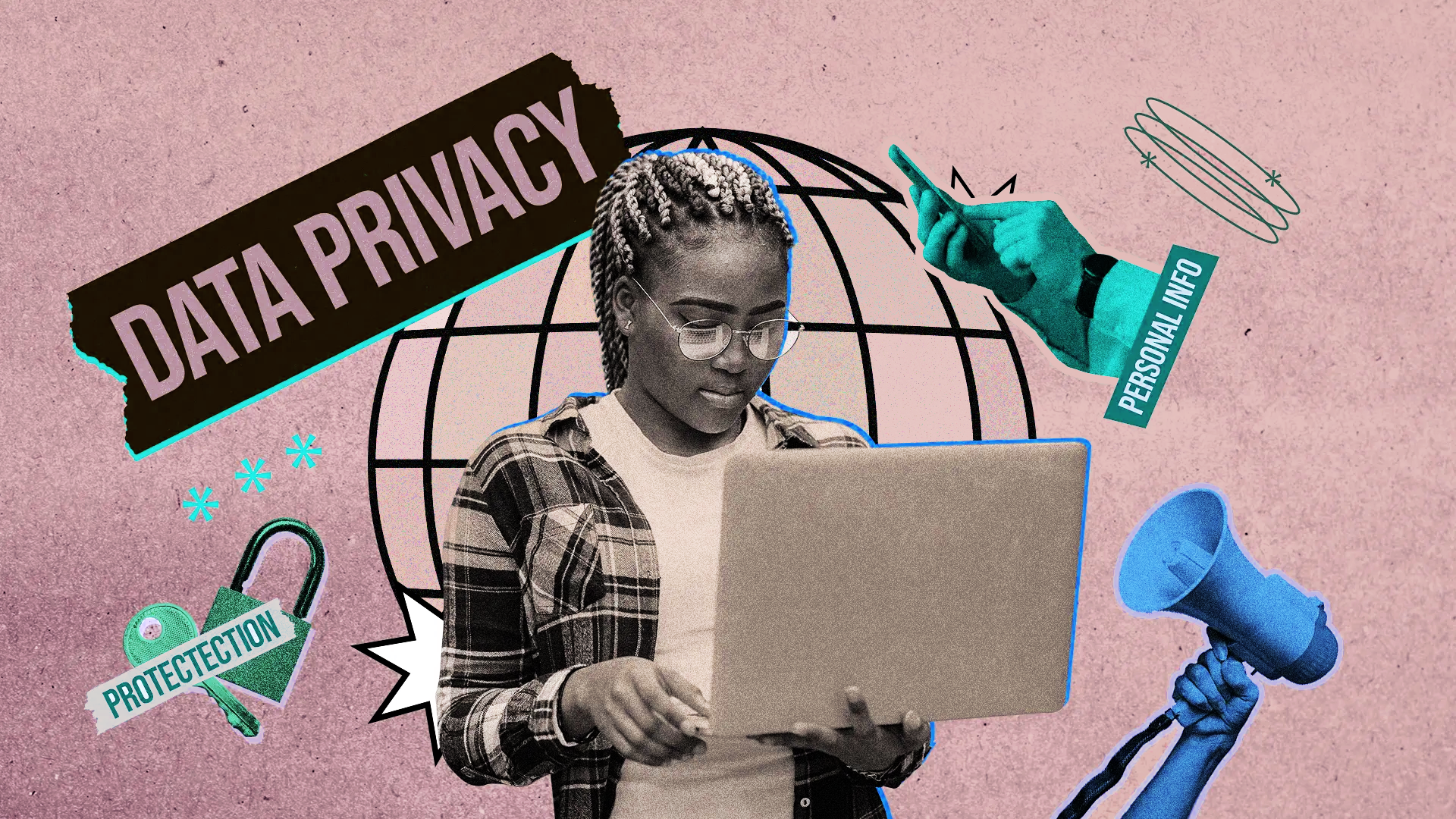Privacy in the Digital Age: Protecting Your Information

The digital age has brought unprecedented convenience, but it’s also made personal privacy more vulnerable than ever.
The Dive
The digital age has revolutionized how we connect, shop, and even learn, but it has also created significant vulnerabilities in personal privacy. Every time we log onto a website or make an online purchase, data about our behaviors and preferences is collected. This information can be used to personalize ads, improve user experiences, or, in worst cases, fall into the hands of hackers or be sold to third parties without consent.
Cybersecurity threats, such as identity theft and data breaches, are becoming increasingly common. Personal information like Social Security numbers, bank details, and health records can be exposed through weak security measures, leaving individuals at significant risk. Understanding these risks is the first step in protecting yourself online.
On a larger scale, governments and corporations collect vast amounts of data to monitor and influence populations. While some surveillance aims to protect national security, it often comes at the cost of individual privacy. The debate over how much surveillance is necessary—and at what point it becomes invasive—is ongoing and complex.
For young people growing up in a connected world, learning about digital privacy is as essential as learning to read or write. Understanding how to create strong passwords, recognize phishing scams, and use encryption tools are foundational skills for navigating the internet safely. Beyond individual actions, advocating for transparency and accountability from corporations and governments ensures a more secure digital environment for everyone.
In a world driven by data, privacy is not just a personal issue—it’s a societal one. By educating ourselves and others, advocating for stronger privacy laws, and supporting ethical technology practices, we can work toward a future where innovation and privacy coexist.
Why It Matters
Understanding how data is collected and used is crucial for protecting your personal privacy. Simple steps like creating strong passwords and enabling two-factor authentication can significantly improve your online security. Privacy is a fundamental right that needs to be actively defended in the digital age.
?
Dig Deeper
This video breaks down the importance of setting strict privacy settings, choosing strong passwords and other steps you can take to ensure you stay safe online. Good news! Internet safety is easier than you think.
The internet can be an amaze-ing place to explore, but it's also good to practice online safety. Some tips include being careful about sharing personal information, reporting anyone who makes you feel uncomfortable online, and getting familiar with privacy settings. For more, check out the video!
Related

The Role of Social Media in Shaping Public Opinion
Social media is a powerful tool that influences public opinion on a global scale, but its impact isn't always positive. What does it mean for democracy, and how can we address the challenges of misinformation and echo chambers?

Being a Good Citizen
Good citizenship is not a checklist. It is a daily practice rooted in responsibility, empathy, and participation.

Fair Decisions and Resolving Conflict
Fairness is not just about rules. It is about trust, dignity, and how societies resolve disagreement without losing one another.
Further Reading
Stay curious!
